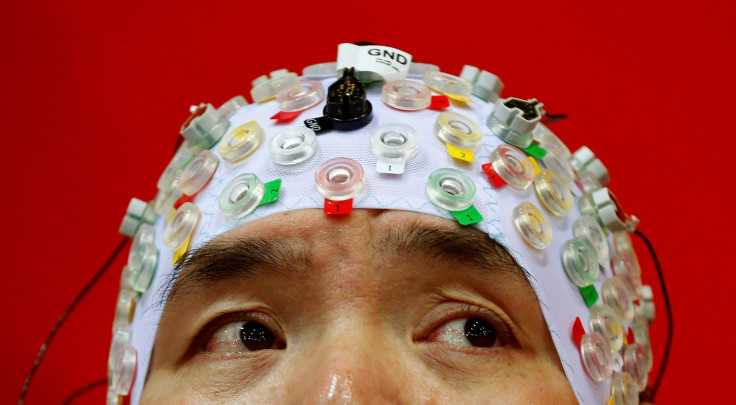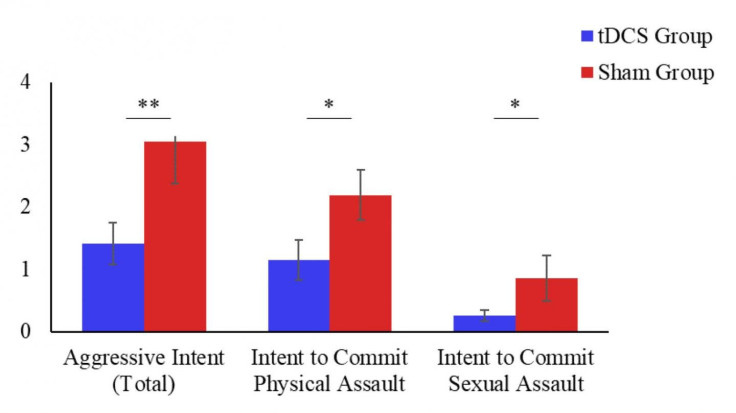Intent To Commit Violence, Sexual Assault Reduces By Zapping Brain With Current

As the number of cases related to violence, physical and sexual assault continues to rise around the globe, an international team of researchers has shown there might be a “neuroscientific” answer to the problem — zapping the brain with electric current.
The idea of using electric current on a person’s brain might sound a little too much, but the team demonstrated the method, if used in a controlled and less invasive manner, can raise an individual’s moral awareness and reduce the intent to commit heinous crimes by more than 50 percent.
The whole thing, as the team described, revolves around stimulating the prefrontal cortex or that part of the brain which controls complex behavior and ideas.
In the past, studies have shown people involved in violent crimes had an impairment in the prefrontal cortex, which suggests a connection with aggressive intentions.
“Much of the focus in understanding causes of crime has been on social causation,” Adrian Raine, the co-author of the latest work, said in a statement.
“That’s important, but research from brain imaging and genetics has also shown that half of the variance in violence can be chalked up to biological factors.”
So, in a bid to zero in on the role of the brain, Choy and colleagues turned to minimally invasive electric brain stimulation. They called in more than 80 individuals and applied controlled electric charge on half of them for about 20 minutes.
Once the test was conducted, the entire group was presented with two hypothetical scenarios of assault. The first case detailed a physical assault where Charlie smashed a bottle over Joe’s head for chatting up his girlfriend, while the other mentioned a date rape.
As and when the subjects finished going through the scenarios, the researchers asked how likely it was that they would behave like the protagonist in these cases and how morally wrong they felt after keeping them in each of the two scenarios. They were asked to rate possibility on a scale of one to ten.
The analysis of the results taken from the survey revealed the people who underwent electric stimulation expressed 47 percent (for physical assault) and 70 percent (for sexual assault) less likelihood of carrying out such attacks than people who didn’t get zapped.

The promising findings suggest giving a boost to activity in this part of the brain through electric stimulation could prove crucial in reducing the intent to commit violent crimes, but the researchers have stressed they need further work to confirm the possibility and come to an applicable and scalable solution.
“This is not the magic bullet that’s going to wipe away aggression and crime,” Raine added. “But could transcranial direct-current stimulation be offered as an intervention technique for first-time offenders to reduce their likelihood of recommitting a violent act?”
They noted the work has to be replicated and then built upon so that they could find more answers. This might even reveal how the technique would if applied on a long-run, say for like three times a week for a month.
The study titled, "Stimulation of the Prefrontal Cortex Reduces Intentions to Commit Aggression: A Randomized, Double-Blind, Placebo-Controlled, Stratified, Parallel-Group Trial," was published July 2 in the Journal Of Neuroscience.
© Copyright IBTimes 2024. All rights reserved.











